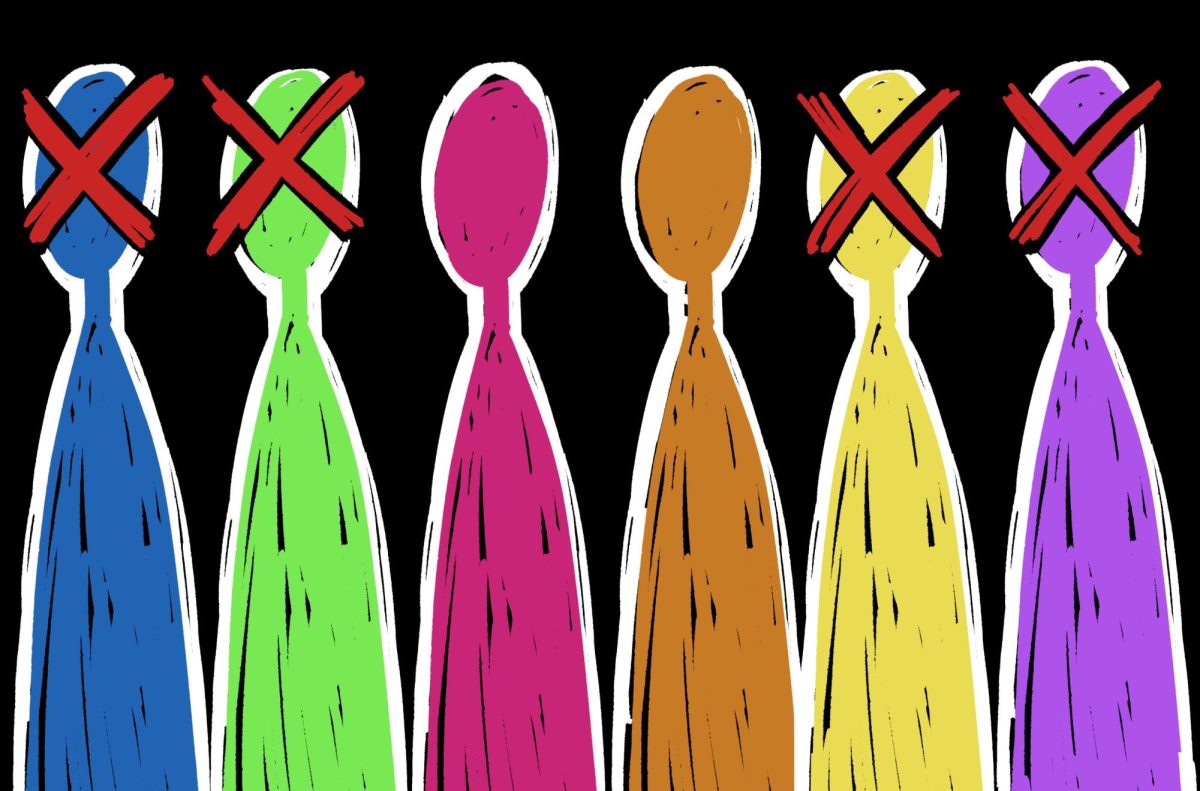Seattle University will not be recruiting new students for the Sullivan Leadership Award, effective in the fall of 2024. The Sullivan Scholarship, which has been awarded to select incoming Seattle U students since 1988, will be re-evaluated and the money dedicated to the program will be redirected to cover the full demonstrated need of future students who enroll in the Costco Scholarship Fund and Seattle University Bound programs.
Despite the planned change, all current Sullivan Scholars will still receive their full scholarships through graduation.
In an email from James Miller, the associate vice provost and dean of admission, sent to the Sullivan community, reference is made to recent Supreme Court decisions that have limited the accessibility efforts of universities across the country. The decision to make changes to the Sullivan Scholarship is framed as part of the university’s attempt to provide an equitable education for future students, despite a changing political and educational landscape.
“In short, we have been thinking critically about how our university resources can best support Seattle University’s mission focused on inclusive excellence…[The Costco Scholarship Fund and Seattle University Bound programs] are made up of students who demographically are predominantly underrepresented in higher education in terms of their race/ethnicity, have very high levels of financial need, and will largely be the first in their families to graduate from college,” Miller wrote.
The amount of money freed by the change will be significant. As things currently stand, while supported by some endowed funds, the Sullivan Award’s primary funding comes from the university’s general financial aid pool. Of the nine Sullivan Scholarships awarded annually, the endowment fund only fully covers two.
Miller pointed out that the total number of students who receive financial support will increase exponentially following the changes.
“120 new students per year will enroll with their full need met by Seattle University for four years,” Miller wrote.
How the elimination of the Sullivan Leadership Award will translate into so many new scholarships is yet to be determined. Provost Shane P. Martin could offer limited insight into how the finances will eventually shake out.
“The exact amount of funds and how they will be distributed from the Sullivan Award is not yet decided,” Martin said.
However, this change does not necessarily mean an end to the Sullivan Scholarship. While there will be no new Sullivan Scholars in the fall of 2024, there is hope that the Sullivan Scholarship will persist, even if it means a smaller pool of award recipients.
Fr. Jerry Cobb, S.J., a former Sullivan mentor and someone who is closely involved with Sullivan alumni, sent a letter to Sullivan alumni elaborating on the future of the program.
“My current sense is that the competition will resume after this one year pause, and that two scholars will be chosen each year thereafter,” Cobb wrote.
The tuition coverage is only one aspect of what it means to be a Sullivan Scholar. In addition to providing a full-ride scholarship to nine students, the Sullivan Scholarship was an engagement point for many applicants considering Seattle U, often drawing over 300 high school seniors to campus for the annual Sullivan Leaders’ Day Competition. Sophia Hounton, a third-year Sullivan Scholar majoring in international studies and French, said she wouldn’t be at Seattle U were it not for the Sullivan Scholarship.
Once selected for the scholarship, Hounton found a strong sense of community as a Sullivan Scholar.
“[Very few] freshmen know seniors and get to ask them questions about classes, workloads, or just life in general,” Hounton noted, referencing the diverse network she found within the Sullivan community.
Along with monthly cohort and general meetings, Sullivan Scholars often communicate via group chats, asking questions, offering guidance and supporting one another. One of the biggest laments Hounton offered about the future of the program is the way this community dynamic will change. Current first-year Sullivans will slowly see their cohort shrink as current scholars graduate. Nevertheless, Hounton expressed her hope that as the Sullivan scholarship shrinks, those aided by the redistributed financial aid funds will be able to find a sense of community elsewhere on campus.
For decades, several Sullivan Scholars have been selected annually to receive a full tuition scholarship. As the university works towards a more equitable distribution of funds, the Sullivan community will likely shrink considerably. But, in its wake, a new generation of Seattle U students will hopefully be able to gain an education and experience that will add diversity to the leaders of tomorrow.







